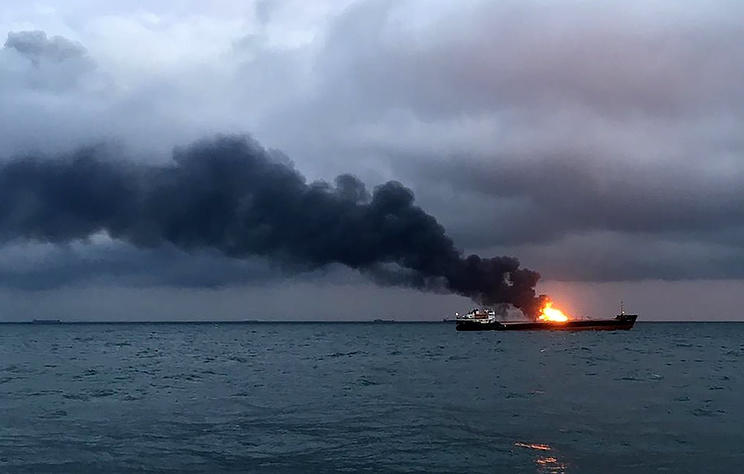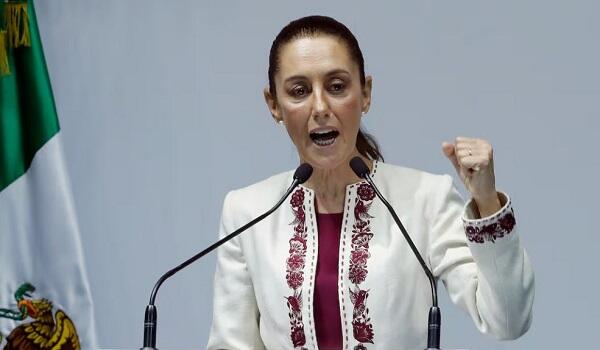It was the disease to end all others, infecting a third of humanity, killing tens of millions in their beds and prompting panicked talk of the end of days across continents still reeling from war.
Axar.az reports Daily Sabah.
One hundred years on from the influenza outbreak known as Spanish flu, scientists say that while lessons have been learned from the deadliest pandemic in history, the world is ill-prepared for the next global killer.
"We now face new challenges including an ageing population, people living with underlying diseases including obesity and diabetes," University of Melbourne Dr. Carolien van de Sandt, at the Peter Doherty Institute for Infection and Immunity, told Agence France-Presse (AFP).Scientists predict that the next influenza pandemic will most likely be a strain of bird flu that infects humans and spreads rapidly across the world via air travel and could kill up to 150 million people.
They also studied three further pandemics: the 1957 "Asian" flu, the "Hong Kong" flu of 1968 and 2009's swine flu outbreak.They found that although the Spanish flu infected one in three people, many patients managed to survive severe infection and others displayed only mild symptoms.
"At the moment none of these viruses have acquired the ability to spread between people, but we know that the virus only needs to make a few minor changes to make this happen and could create a new influenza pandemic," said van de Sandt.
While the world in 2018, with its more than seven billion people, megacities and global air travel, is barely recognizable from a century ago, the team insists there are many lessons that Spanish flu can teach the governments of today.
By nature, pandemic virus strains are unpredictable - if authorities knew for sure which flu will spread they could invest in a widely available vaccine.





















































